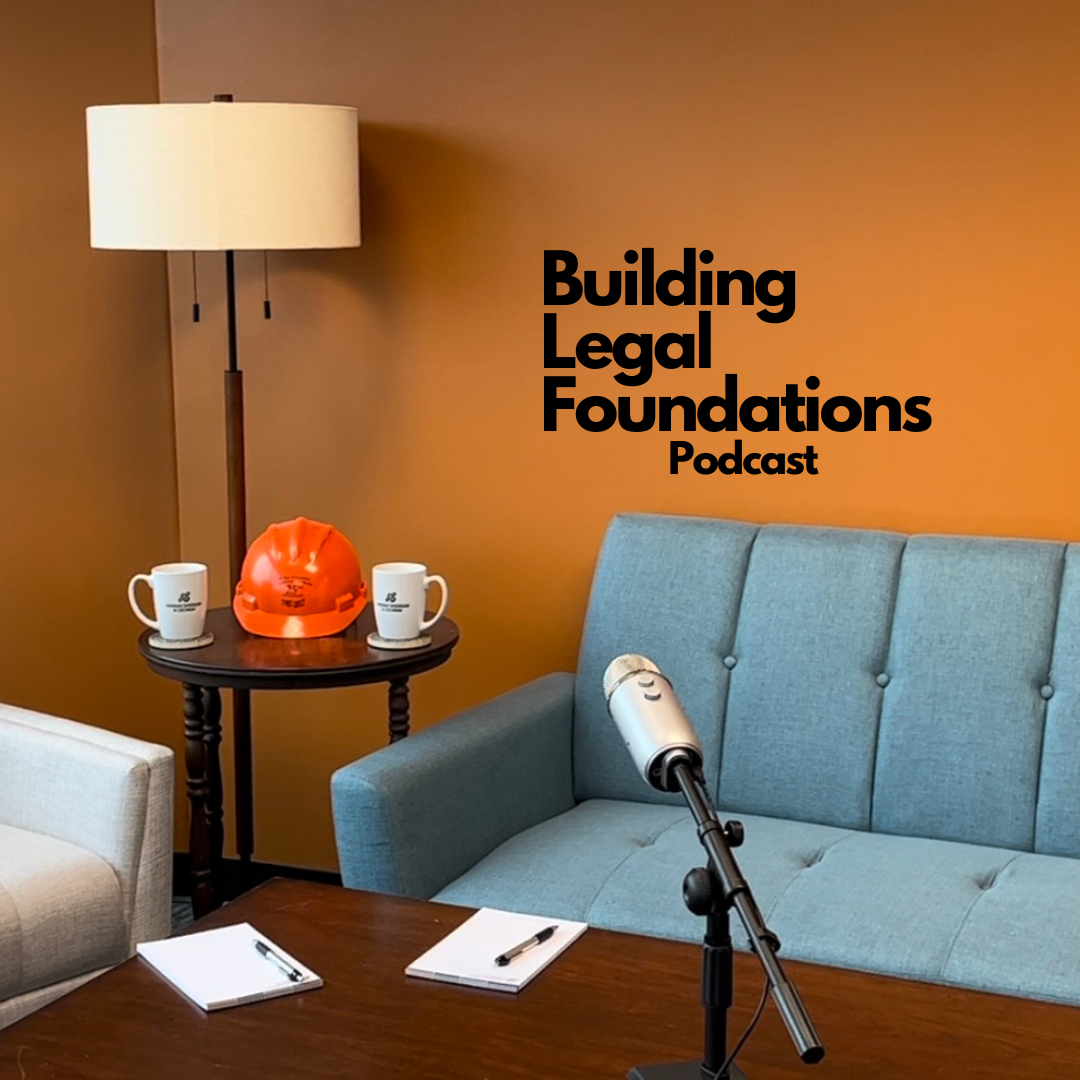Hannah Sheridan & Cochran's own podcast, previously available via Spotify, is now available to listen…
Nondischargeable Debts in Bankruptcy
Bankruptcy is designed to give debtors a “fresh start.” Accordingly, a bankruptcy discharge releases a debtor from liability for certain debts which the bankrupt party previously owed. A debt discharged in bankruptcy is no longer owed.
Bankruptcy is often cruel to creditors. There are certainly times when honest people find themselves in a difficult financial position, and bankruptcy is their only practical option. Unfortunately, our office regularly sees situations where a dishonest debtor unnecessarily runs up their debts, pays their bankruptcy attorney thousands of dollars, and then repays little (if anything) to business and individual creditors. It does not seem fair that the dishonest debtor obtains a “fresh start”. The bankruptcy code attempts to strike a balance between these two scenarios.
Sections 523 and 527 of the Bankruptcy Code identify scenarios where a business or individual may not obtain a “fresh start” from certain debts, as these debts are deemed nondischargeable. Section 527 is designed to ensure that bankruptcy debtors play fairly. Specifically, 527 requires debtors to accurately reflect their finances in bankruptcy filings. Debtors who are caught concealing assets on their asset schedules, failing to maintain financial records, refusing to turn over records, or failing to work with the bankruptcy trustee may be denied discharge of all of their debts. A bankruptcy trustee may still liquidate a debtor’s assets, but the bankruptcy debtor still owes any unsatisfied debts.
Congress also determined that a bankruptcy debtor is not entitled to a “fresh start” from certain debts. Section 523 contains a laundry list of debts which are not discharged in Chapter 7 bankruptcy, including: (i) alimony and child support; (ii) payroll taxes; (iii) certain income taxes; (iv) student loans; (v) non-noticed debts in bankruptcy filings; (vi) court fines, penalties, and restitution; (vii) DUI-related death or personal injury liability; (viii) debts obtained through fraud, false pretenses, or false representation; (ix) debts resulting for fraud while acting in a fiduciary capacity; (x) debts obtained through embezzlement or larceny; and (xi) willful and malicious injury which has been the subject of substantial litigation.
Most 523 debts are automatically deemed nondischargeable. A few require that the creditor who is owed a debt take specific action in bankruptcy court. Specifically, a creditor must file an adversary proceeding (i.e., a bankruptcy lawsuit) to have the following types of debts deemed nondischargeable: (i) by fraud; (ii) for fraud or defalcation while acting in a fiduciary capacity, embezzlement, or larceny; (iii) for property settlement in a domestic relations case; or (iv) for willful and malicious conduct. These claims must be brought quickly after a bankruptcy is filed, so creditors should promptly consult an attorney.
– Chad J. Cochran


